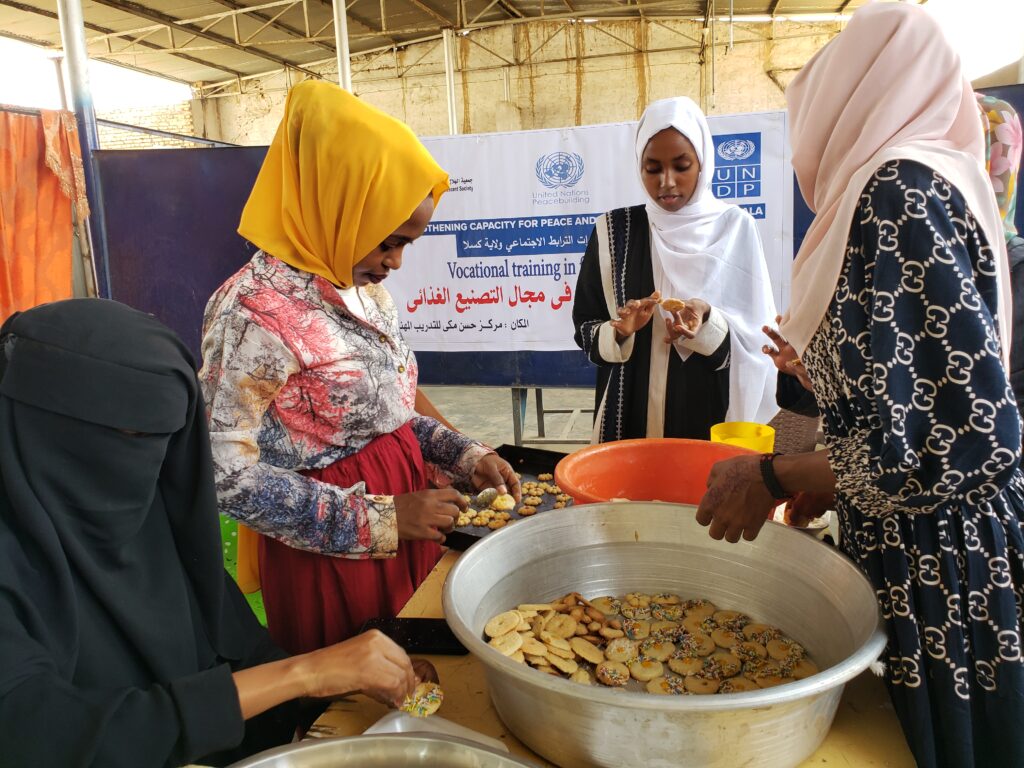
Sudan’s transportation network is receiving a significant overhaul, with an emphasis on expanding road networks and modernizing railways. One of the most significant projects is the construction of the Sudan Expressway, a vast network of highways and roads connecting major cities and regions. The expressway aims to reduce travel times and improve connectivity, fostering economic growth and trade within the country.
Additionally, Sudan is investing in its railway system, with plans to upgrade and extend existing tracks. The Sudan Railways Expansion Project is set to connect remote areas and enhance cargo transportation, opening up new economic opportunities for communities along its routes.
Energy: Powering Sudan’s Future
A reliable energy supply is crucial for any nation’s development, and Sudan is investing heavily in the expansion of its power infrastructure. The Grand Renaissance Dam on the Blue Nile River is a flagship project, set to become Africa’s largest hydropower facility when completed. It will provide a substantial boost to Sudan’s electricity generation capacity, reducing reliance on fossil fuels and improving energy access for millions of citizens.
Furthermore, solar and wind energy projects are gaining momentum across the country, harnessing Sudan’s abundant renewable energy resources. These projects not only contribute to sustainable development but also have the potential to make Sudan a regional leader in renewable energy production.
Water Resources: Tackling Water Scarcity
Water scarcity has been a pressing issue in Sudan, but the country is taking steps to address this challenge. The Sudanese government is investing in water infrastructure projects that include the construction of new dams, reservoirs, and irrigation systems. These initiatives aim to increase agricultural productivity, improve access to clean water, and mitigate the impacts of droughts and floods.
Telecommunications: Bridging the Digital Divide
Access to reliable telecommunications is essential in today’s interconnected world. Sudan is working on expanding its telecommunications infrastructure, with a particular focus on providing high-speed internet access to rural and underserved areas. This will not only foster economic growth but also promote digital inclusion, enabling more Sudanese citizens to participate in the global digital economy.
Economic Impact and Regional Cooperation
These infrastructure projects have far-reaching economic implications. Increased connectivity, improved energy supply, and enhanced water resources are expected to attract foreign investment, boost domestic industries, and create jobs. Furthermore, Sudan’s strategic location in Africa makes it a potential hub for regional trade and cooperation.
In conclusion, Sudan’s infrastructure projects are driving economic growth and development across various sectors. These initiatives demonstrate the government’s commitment to improving the quality of life for its citizens and positioning Sudan as a key player in the region. While challenges remain, the progress made so far reflects a nation poised for a brighter future built on the foundation of modern and sustainable infrastructure.



